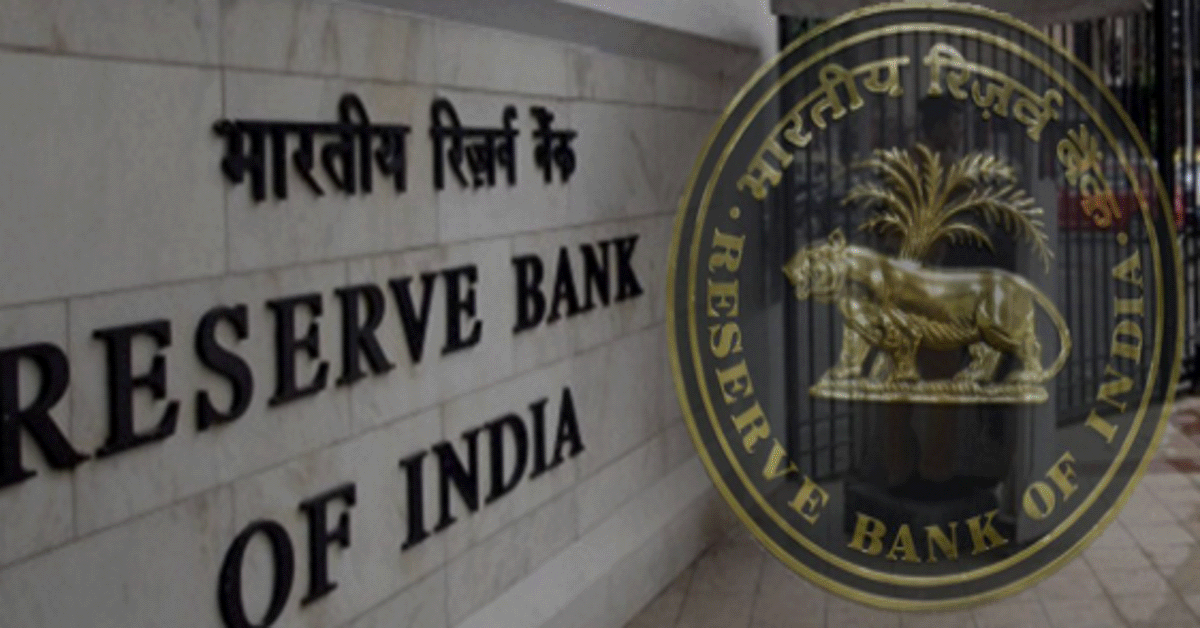Indian stock markets experienced a dip in the shares of public sector banks (PSU banks) today. This follows a proposal by the Reserve Bank of India (RBI) to tighten the rules for financing infrastructure projects.
What Happened?
The RBI, India’s central bank, recently proposed new guidelines for how banks lend money for big infrastructure projects like roads, bridges, and power plants. These projects are crucial for India’s development, but they can also be risky for banks to finance.
Why Did the Share Prices Fall?
The proposed changes might make it harder for PSU banks to lend money for infrastructure projects. Here’s why this could affect them:
- Stricter Loan Requirements: The new rules might make it harder for companies to borrow money for their projects. This could mean fewer projects for PSU banks to finance, leading to a potential decrease in their profits.
- Higher Costs: The RBI might require banks to set aside more money as a buffer in case these infrastructure projects run into trouble. This extra money set aside could reduce the profits banks can earn on these loans.
- Investor Uncertainty: Investors in the stock market might be worried about the future profitability of PSU banks if they lend less for infrastructure projects. This uncertainty can lead them to sell their shares, causing the share price to fall.
How Much Did the Share Prices Fall?
The share price falls for some PSU banks were significant:
- Large PSU banks: Share prices dropped by up to 6%. stocks include State Bank of India (SBI), Punjab National Bank (PNB), and Bank of Baroda (BOB).
- Infrastructure-focused PSU banks: These banks, like Power Finance Corporation (PFC) and REC Limited (REC), saw a steeper decline, with share prices falling by up to 9%.
What Does This Mean for PSU Banks and Investors?
The fall in share prices reflects investor concerns about the impact of the proposed RBI guidelines. If the new rules make it difficult for PSU banks to lend for infrastructure projects, it could affect their profitability in the long run. However, it’s important to remember that:
- The proposal is still under discussion: The final RBI guidelines might be different, and their impact on the banks could be less severe.
- PSU banks have diversified portfolios: They don’t just lend for infrastructure projects, so they have other income sources.
Looking Ahead
PSU banks and investors should closely monitor the final RBI guidelines and their potential impact. The final rules might create a more balanced approach, ensuring banks lend responsibly while still supporting infrastructure development.
Additionally, the stock market might see some adjustments in the coming days as investors analyze the long-term implications of the proposed changes.
